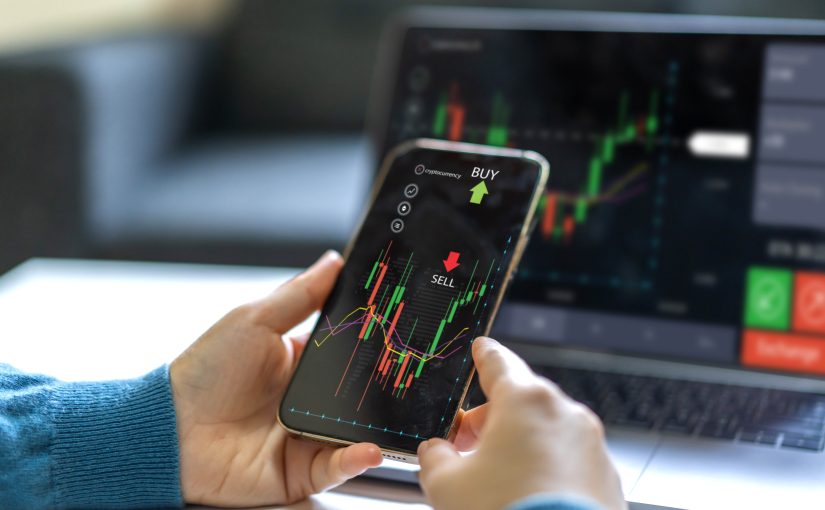
Trading psychology is basically the emotional aspect of any trader’s decision-making process. Most expert traders are able to use their earlier experiences to manage their feelings, but if you are just beginning your Forex trading journey, you may encounter a few challenges.
Fear and greed are undoubtedly the two biggest enemies that every trader must face. However, there are ways to gain mastery over your feelings. Read on to learn how you can begin mastering the psychology of trading.
Trading psychology is one of the key factors in successful Forex trading. It can be as important as other aspects such as knowledge, experience, and skill. Yet, it is also every trader’s biggest hurdle. These are the three main challenges you will face and how you can overcome them:
1. Fear
Fear or anxiety about the unknown is common in traders. What happens after entering a trade? What if you did the wrong thing? Even if you have a rough idea of the outcome, there is still no guaranteed success. Not knowing what will happen could lead to fear, especially when you have a lot of money on the line.
What can you do?
An effective way to deal with fear is by trading within your means and setting an acceptable loss amount. By doing this, you know that you are only risking a certain amount before even entering a trade. This takes away some of the uncertainty from the trading process. Every time you enter a trade, tell yourself that you may lose money and be prepared for it. Just don’t lose more than your predetermined amount!
Another way to deal with fear is to give consideration to size. When you trade with too much size, you could become afraid of losing too much money, or even blowing up your account. So, start off small and gradually work yourself up to a larger size. Remember to take the time to look through your trading strategy too. Just because you had a solid month does not mean that you should go from trading 200 shares to 2,000 shares.
2. Fear of Missing out (FOMO)
The fear of missing out is driven by a desire to be part of a good thing, ignoring all signs suggesting that it is not a wise investment. As you see other people succeed, even if they take unjustifiable risks to do so, there will always be a natural longing to follow along. The more successful the other traders are, the stronger the urge to join in. That is why FOMO is dangerous.
What can you do?
One way to counterbalance FOMO is to have a set of rules in place. You could start by keeping a trading journal where you can document your trading plans. Having records of your past trades allows you to determine your next actions based on previous successes or losses. On top of this, you could keep to your rules by setting “punishments”. For example, if you break your rules, then you could “punish” yourself by not trading for the rest of the day.
Another thing to take note of is copy trading. It is a portfolio management strategy where you can copy the trades of another trader and track their performance. If you are trying out copy trading, remember to choose wisely. Do not blindly follow the masses. One way to do so is to try out Share4you which has a feedback system on each trader’s page. You will be able to review the top traders (Leaders) and carefully pick who you want to follow.
3. Greed
Greed is on the other side of the coin to fear. Although it is similar to the fear of missing out, there is a more focus on the broader outlook instead of smaller segments of the market. Any good economic, political or financial news is viewed in an extremely optimistic light. Bad news is waved-away as unimportant. You could become so accustomed to rising asset prices that you begin to ignore obvious signs of risk or negative outcomes. Keep in mind that trying to squeeze every last penny out of a move is a surefire way to lose profits.
What can you do?
The best way to handle greed is similar to how you would handle fear. Try setting predetermined profit targets and when you achieve them, you know it is time to cash in. Practice self-discipline by regularly following your trading plan. Once you know how to manage your risks, you will have the ability to stop losses and protect your profits.
Above all else, the key trick to mastering the psychology of trading is to control your emotions. Remember to remain calm and not to let your feelings dictate any actions you take.
Forex Trading involves significant risk to your invested capital. Please read and ensure you fully understand our Risk Disclosure.


